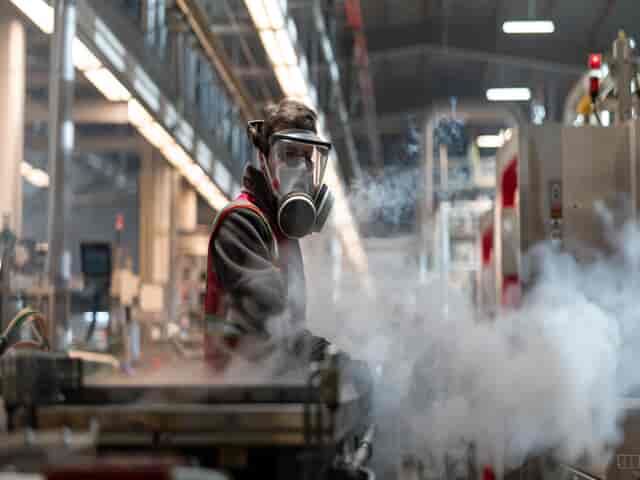This post was updated on 09/27/2024
Understanding the difference between workers' compensation and personal injury cases is crucial. In this article, we'll explore the distinctions between these two types of cases, how they intersect, and the importance of seeking legal guidance when navigating them.
Differences between Worker's Comp and Personal Injury
Workers' Compensation
If you sustain an injury while working, workers' compensation is here to assist you. This system ensures you receive essential medical care and financial support to facilitate your recovery, allowing you to focus on healing without the hassle of prolonged legal disputes.
Personal Injury Cases
Personal injury cases involve situations where someone else's negligence or wrongful actions have led to your harm. Common examples include car accidents, slips and falls, or injuries caused by defective products. In personal injury cases, you must demonstrate that the responsible party had a duty of care, breached it, and caused your hurt.
Overlap and Interplay
In some instances, a single incident can give rise to both a personal injury and a workers' compensation case. For example, imagine you're driving a work truck, and another driver's negligence causes a car accident. Then, you may have a personal injury claim against the negligent driver. Also, having a potential workers' compensation claim against your employer's insurance.
However, it's essential to note that you can't “double-dip” and receive duplicate compensation for the same accident. You cannot collect benefits from a workers' compensation carrier and a personal injury claim for the same incident.
Why Personal Injury Cases May Be More Valuable
.2406280911575.jpg)
A major difference is that personal injury cases can lead to higher compensation. In contrast, workers' compensation serves as a benefits delivery system, offering limited support in exchange for avoiding litigation. The emphasis is on aiding injured workers rather than placing blame.
In contrast, personal injury cases aim to hold wrongdoers accountable for their negligence. Besides, ensure that they receive fair compensation for their suffering. This means that personal injury cases can result in more significant recoveries.
Steering the Complexities of Worker's Comp and Personal Injury
Handling personal injury cases and employers' comp situations can be intricate. Personal injury cases often lead to greater compensation, but they necessitate proving fault and liability. On the other hand, workers' compensation offers immediate benefits but restricts recovery options.
Moreover, workers' compensation insurers may pursue reimbursement for expenses covered when a third party's negligence caused the injury. This lien requires repayment to the workers' compensation carrier. However, if you obtain compensation from a personal injury claim, you could still achieve a net recovery.
The interaction between these cases can be advantageous, yet navigating them can be daunting. It is wise to consult experts in workers' compensation and personal injury law. They can guide your decisions, safeguard your rights, and ensure you receive essential health care attention and benefits.
Conclusion
Employers' compensation and personal injury cases each serve distinct purposes. But they can intertwine in certain situations. Understanding your rights, obligations, and potential for recovery is vital. If you face both cases, seeking legal counsel is a prudent step to safeguard your interests and secure the best possible outcome.
Riding these complexities is where legal expertise shines, ensuring you receive the care and compensation you deserve.
About the author
 Bilal Kassem President and Co-founder
Bilal Kassem President and Co-founder
Introducing Bilal Kassem, the visionary leader of Pacific Workers. His unwavering commitment to excellence, empowering others at the core of our organization. With a flair for creativity, Bilal infuses fresh ideas into every initiative we take.
Drawing inspiration from captivating stories like “Goosebumps”, he guides our team with determination. Beyond his professional endeavors, Bilal embraces the great outdoors. As a result, relishing adventures such as backpacking and exploring uncharted territories. Sushi is his preferred treat, nourishing both his body and spirit.
In his free time, he enjoys hitting the gym and indulging in blockbuster films. Also, he finds motivation in the legacies of historical figures like George Patton. By leading with empathy, Bilal fosters a supportive atmosphere. This is why every team member feels empowered to excel.

